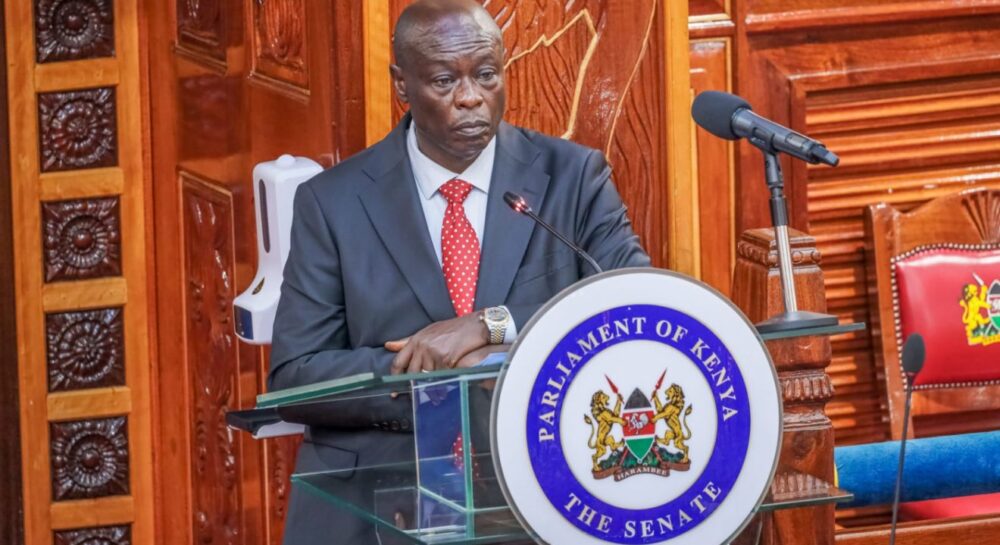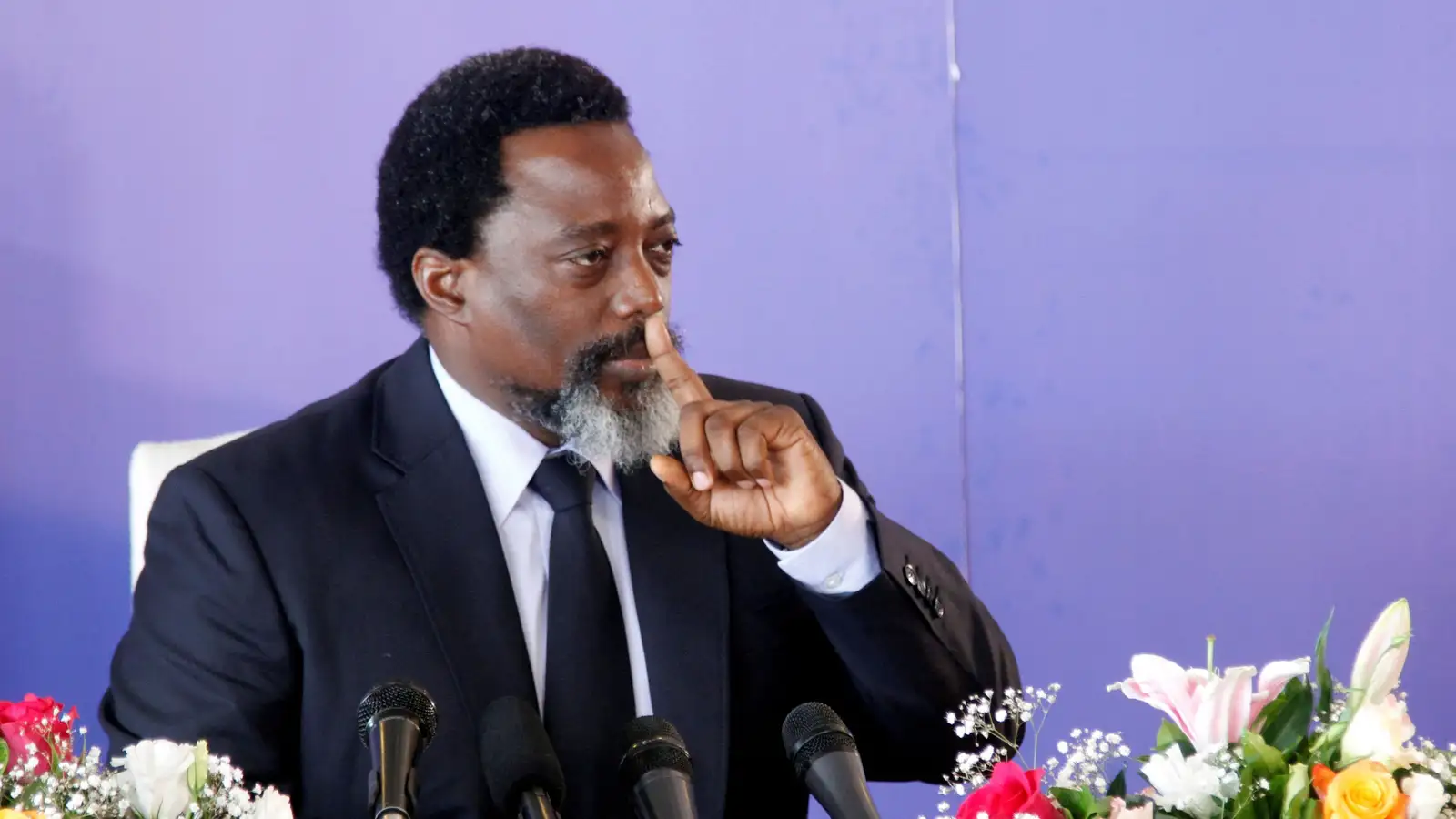The High Court has ruled that the dismissal of several staff members from Deputy President Rigathi Gachagua office was lawful, delivering a significant judgment in a case that has stirred political debate within Kenya’s executive.
Note: Company, Blog, Church websites are free.
In a verdict delivered on Friday, Justice George Odunga found that the staff in question comprising senior aides and political appointees held positions that were not permanent and could be revoked without violating employment law, provided due process was observed.
The petitioners had argued that their abrupt dismissal was politically motivated and intended to frustrate the Deputy President’s ability to operate independently. They claimed the move was part of a larger scheme to undermine Gachagua office amid reported tensions within the ruling Kenya Kwanza coalition.
But the court rejected those claims, stating that the nature of their appointments made them subject to policy changes and administrative restructuring.
“While political considerations often influence such appointments, the law is clear: these are not permanent and pensionable positions,” Justice Odunga said. “Their tenure is at the discretion of the appointing authority.”
The ruling marks a legal win for the Executive, which has defended the terminations as part of a broader public service reorganization aimed at enhancing efficiency and accountability in government.
Government Spokesperson Isaac Mwaura welcomed the judgment, saying it underscores the administration’s commitment to upholding the rule of law and professionalism in public appointments. “This decision affirms that changes in government must be guided by merit, structure, and policy not politics,” Mwaura said.
Sources close to the Deputy President’s office, however, hinted that an appeal may be filed, citing broader constitutional concerns including the right to fair administrative action and the operational independence of the Deputy President’s office.
The case has cast fresh light on the increasingly complex dynamics within the Kenya Kwanza administration, with some observers viewing it as a symptom of growing rifts between senior leaders ahead of the 2027 general elections.
As political temperatures rise, today’s ruling could reshape the conversation around the autonomy of high-level constitutional offices and the blurred lines between political loyalty and public service.



